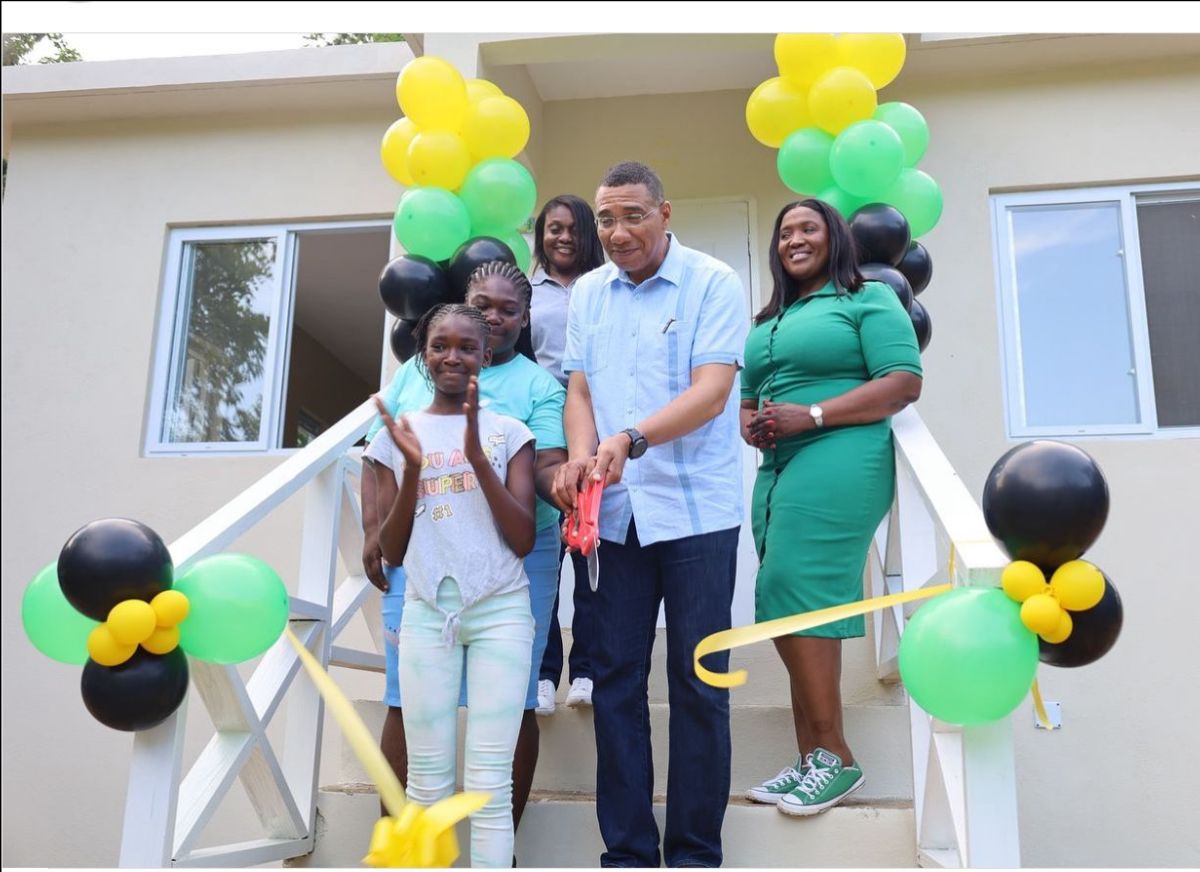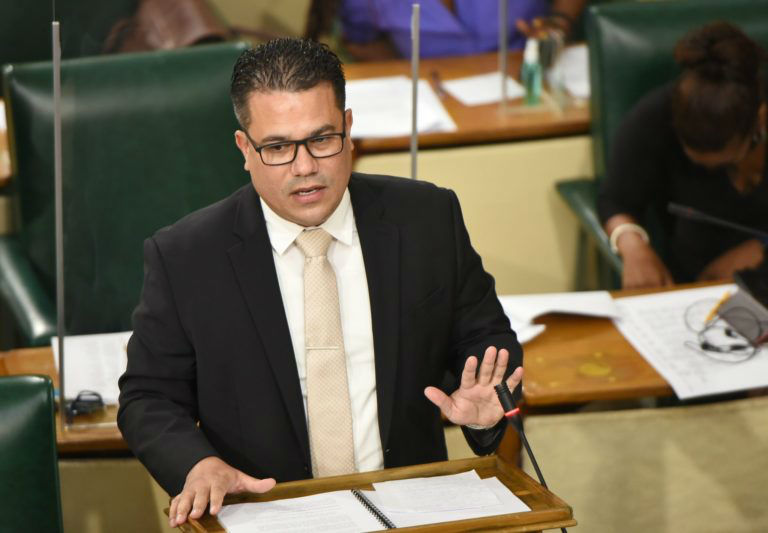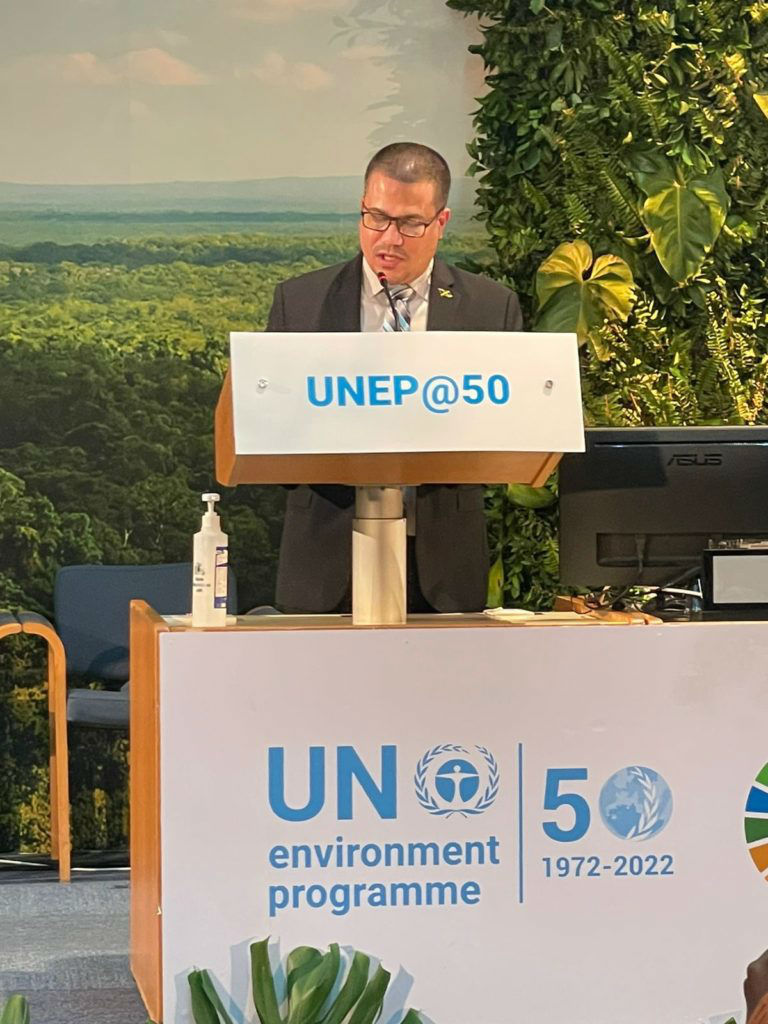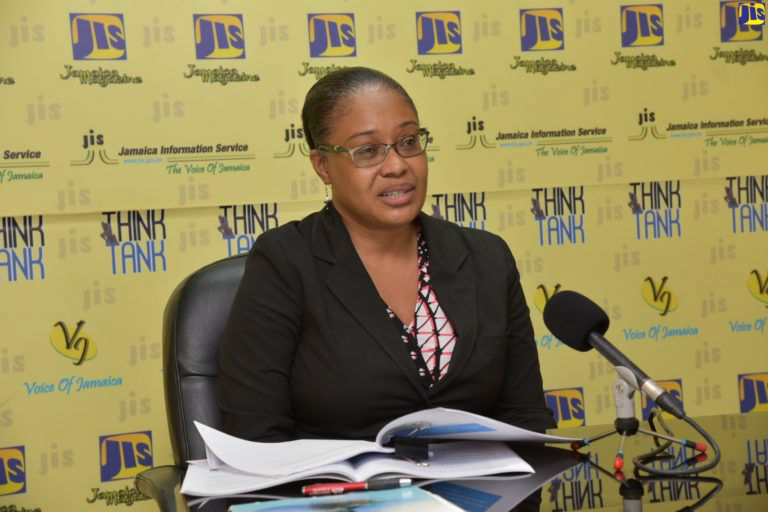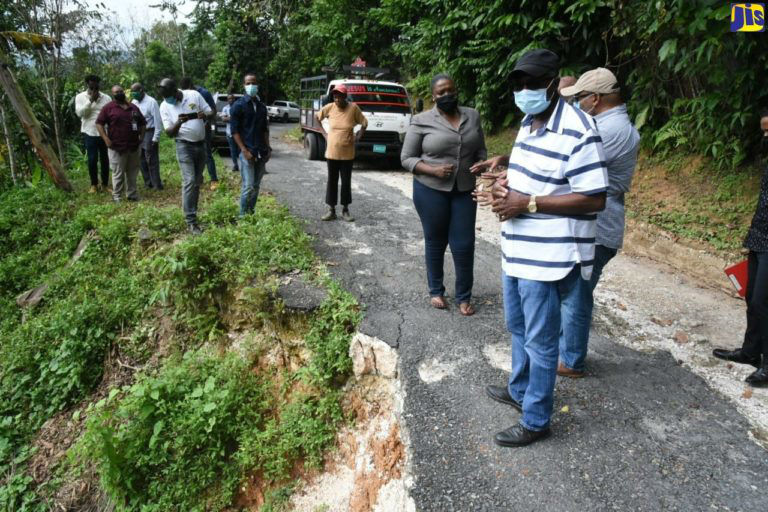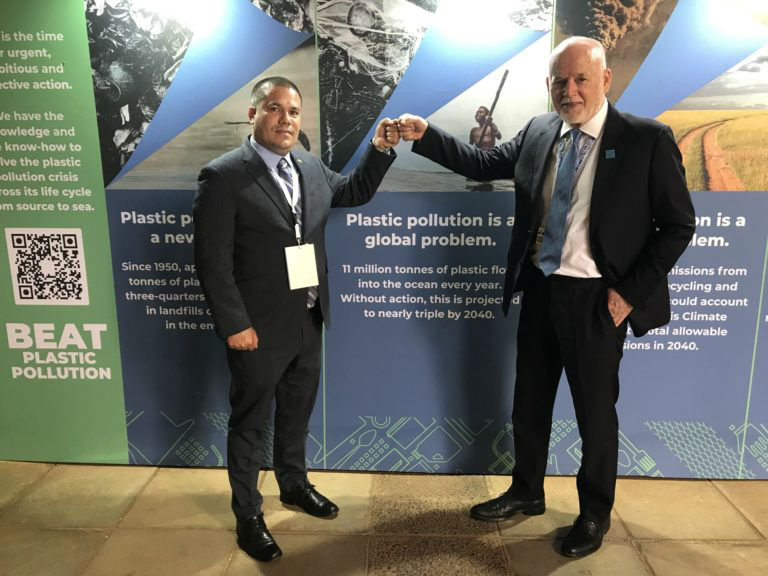Minister without Portfolio in the Ministry of Economic Growth and Job Creation, the Hon. Matthew Samuda, MP announced today in Parliament the historic appointment of Professor Dale Finster St. George Webber as Jamaica’s first special envoy for Climate Change, Environment, Ocean, and Blue Economy.
This pioneering role reflects Jamaica’s commitment to addressing the global challenges of climate change, environmental degradation, and sustainable development. Professor Webber, an esteemed marine biologist, conservationist, and climate change advocate, will serve as an Ambassador in this capacity, reporting directly to the Most Honourable Prime Minister while working closely with the Ministry of Economic Growth and Job Creation and the Ministry of Foreign Affairs and Foreign Trade.
Prime Minister Holness and Minister of Economic Growth and Job Creation, Dr. the Most Hon. Andrew Holness expressed his commendations to Professor Webber in Parliament.
“I wish to add my commendations to Professor Webber, he has done a great deal of work in the field of climate, and it was a very easy decision for me and the Minister responsible for climate change to make the appointment. We are confident that he will represent Jamaica well in the many climate fora that are conveyed around the world and particularly at this time”, said the Prime Minister.
Minister Samuda emphasised the importance of this appointment, citing the critical need for Jamaica to enhance its representation in international negotiations and agreements. “The challenges of our time—climate change, biodiversity loss, and pollution—demand high-level participation and collaboration on the global stage. This appointment signals Jamaica’s resolve to lead and act decisively in these areas”, he said.
Professor Webber’s expertise in Coastal and Environmental Management and his distinguished career in academia and public service, including his tenure as Principal of the University of the West Indies (UWI), Mona, make him exceptionally suited for this role.
In his new role, Professor Webber will engage in international dialogues and technical negotiations, ensuring that Jamaica’s interests remain at the forefront of global environmental policy and action. According to his Terms of Reference, his role will include:
- Clear identification of leads on projects or programmes representing sound prospects for advancing Jamaica’s economic growth, environmental sustainability and job creation agenda; and
- Provision of specific proposals with supporting documentation, as will permit the relevant Ministries, Departments and Agencies, to assess the feasibility of proposed projects or programmes.
Minister Samuda concluded by urging bipartisan support for this significant appointment, noting its importance for Jamaica’s future resilience and sustainability.


